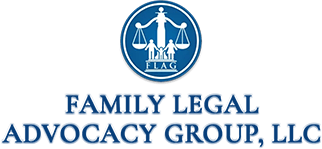On Friday, January 12, 2018, the Maryland Senate voted 30-17 to override Governor Larry Hogan’s veto of the Maryland Healthy Working Families Act (the “Act”) which passed the Maryland General Assembly last year. The Maryland House of Delegates overrode the veto on Thursday. Accordingly, Governor Hogan’s veto has been overridden and the Act will become law in 30 days unless the General Assembly acts to delay its implementation.
As we previously reported, beginning January 1, 2018, the Act requires employers with 15 or more employees to provide their employees with at least 1 hour of sick and safe leave for every 30 hours worked, up to a maximum of 40 hours of paid sick and safe leave per year. Smaller employers will be required to provide their employees with up to 40 hours of unpaid sick and safe leave annually. Employees who have accrued, unused sick and safe leave at the end of each year must be permitted to carry over that leave to the following year, though employers may impose a 40-hour carry-over cap.
Under the Act, employees can use sick and safe leave to care for or treat the employee’s own mental or physical illness, injury, or condition; to obtain preventative medical care for the employee or the employee’s family members; to care for a family member with a mental or physical illness, injury or condition; for maternity or paternity leave; or in situations where the absence is necessary due to domestic violence, sexual assault or stalking committed against the employee or the employee’s family member. A family member includes the employee’s children, parents, spouse, grandparents, grandchildren, and siblings.
The Act contains several important exceptions and carve-outs. The Act will not apply to:
- Employees who regularly work less than 12 hours a week;
- Employees who are employed in the construction industry and are covered by a collective bargaining agreement that expressly waives the requirements of the law; and
- Certain “as-needed” employees in a health or human services industry.


